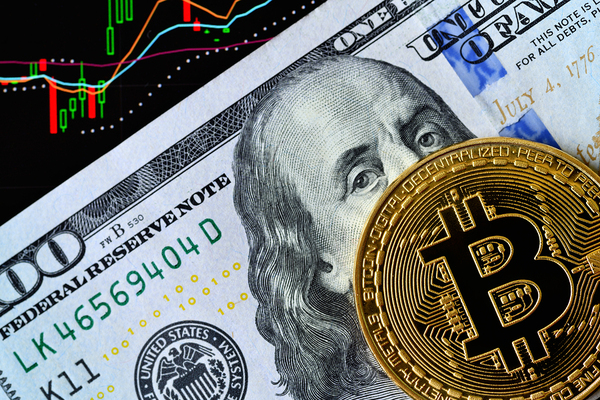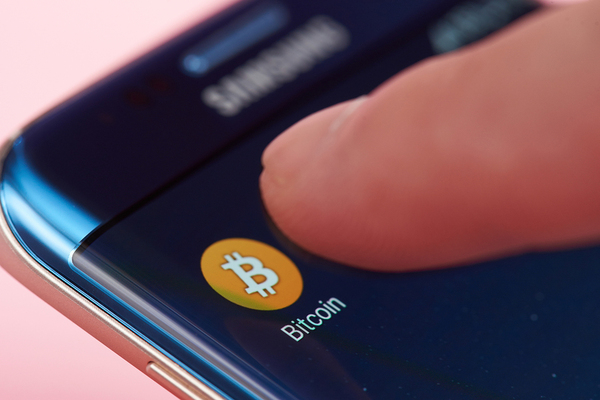
Imagine this for a moment. Your bank calls you along with everyone who has an account into the branch because bank officials want to discuss the rules of making deposits and withdrawals from the bank, or the interest rates, or any other institutional change. It is an enormous, heated discussion, where everybody picks a side and it is impossible to come to an agreement. So, everyone involved mutually agrees that the best solution is just to run two banks.
Kooky? Sure. But that is more or less what happens when an altcoin “forks.” Forks come up quite a bit in altcoin discussions. Some forks are “hard,” some are “soft,” but all are controversial. And they are important for you to understand because forks reflect, fundamentally, a different mindset on the currency depending on who is involved.
How Forks Work
Understanding forks requires some background in altcoins and how they work. It starts with the blockchain. The blockchain is essentially a giant public ledger of which everyone has a copy. When an altcoin is created, it is registered on the blockchain, and when anything happens to it, that transaction is recorded too. Everyone involved in the altcoin network has a copy of this ledger; in order to buy or sell an altcoin, ledgers need to align.
The next point is that the code of how altcoins are mined and how the blockchain is created is available to everyone involved. This transparency is one of the good parts of blockchain technology, but it does sometimes lead to dissension as to how the blockchain should behave.
A fork, in software terms, is when an open source program goes in two different directions. This happens all the time in software; forks can be for any reason, from the political to the personal. Since altcoins are fundamentally software, that means if enough people have an opinion on something, forking is a relatively simple matter. The blockchain splits at the fork, and the two groups go on their merry way. At this point, financially, it is a question of how far apart they want to be.

Soft Forks Vs. Hard Forks
Soft forks, in a software sense, are somewhat like an upgrade. Miners and participants can still buy and sell on the network, in most cases, but to mine blocks or engage more deeply with the system, they will need to upgrade their software.
Hard forks, on the other hand, create two entirely different systems, and usually reflect either a planned upgrade to the software (so it will be clearly signposted) or a very deep and fundamental disagreement in an altcoin’s community about how it should work. A famous example of a hard fork was the creation of Bitcoin Cash as an alternative to bitcoin itself.
Forks are relatively rare in established coins, but investors should be aware of them with younger altcoins. To better know where altcoins stand with their forks and their larger community, subscribe to the Bitcoin Market Journal newsletter.

